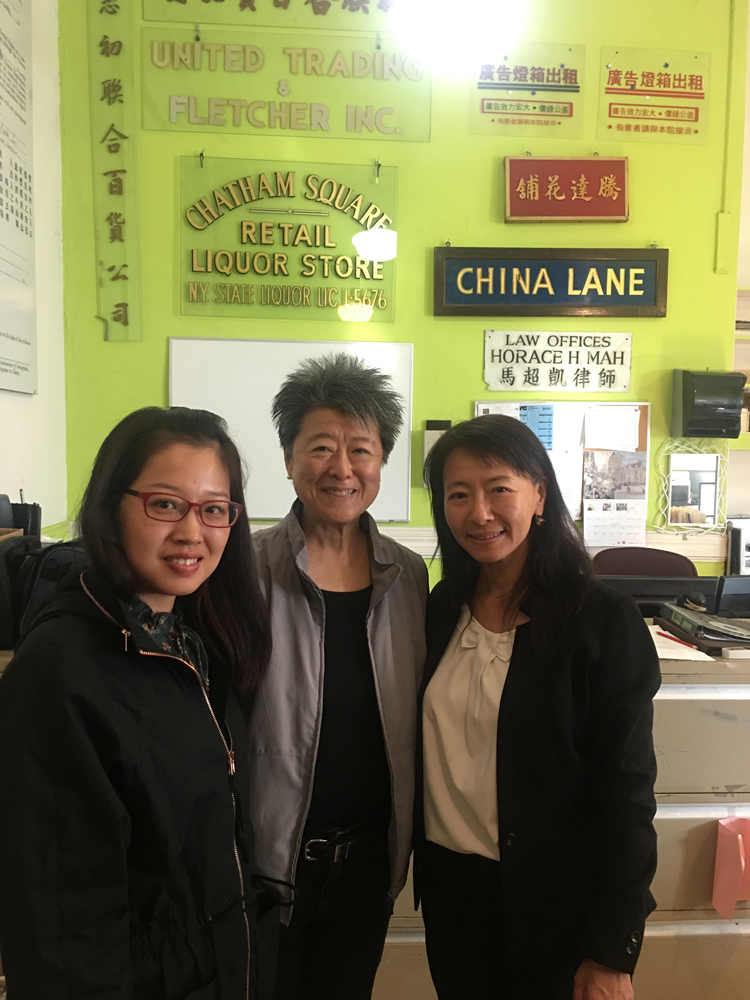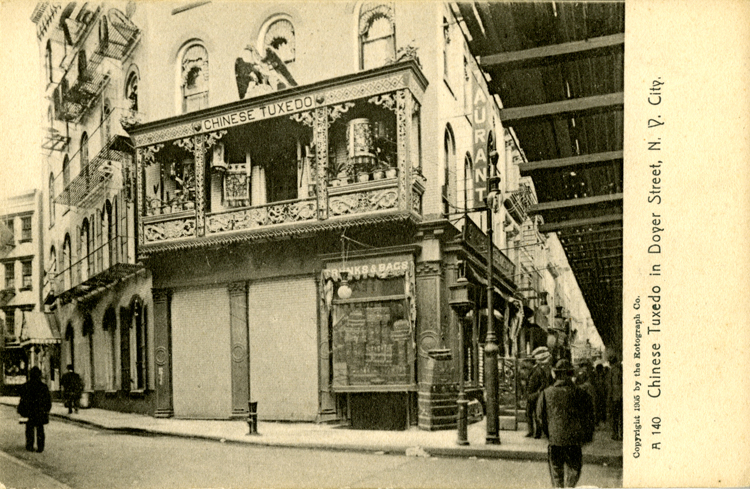Helen Zia, an award-winning journalist, author, and activist for Asian American and LGBT+ rights, began participating in protests for peace and equality as a teenager in the 1960s. She graduated from Princeton’s Woodrow Wilson School of Public and International Affairs, where she was a founding member of its Asian American Students Association and a member of its first graduating class of women. After attending two years of medical school, dropped out and worked as a construction laborer, autoworker, and community organizer for a time before discovering she had a passion for writing and shifted to a career in journalism. Zia was living in Detroit when Vincent Chin was murdered in 1982. The subsequent state trial resulted in a sentence with no jail time and a fine of only $3,000 for the perpetrators. While the Detroit area did not have a very organized Asian American movement at the time, Zia’s journalism and advocacy of justice for Vincent Chin galvanized the Asian American community, resulting in the first mass movement in which Chinese Americans and other Asian ethnicities united to form a unified Asian American voice in coalition with other minority groups. Her efforts and this movement played a critical role in prompting officials to bring federal civil rights charges against the perpetrators, marking the first time in U.S. history that the government acted on behalf of an Asian American in a civil rights case.
She is the author of the part memoir, part social history Asian American Dreams: The Emergence of an American People (2001); My Country Versus Me (2003), a firsthand account of the story of scientist Wen Ho Lee; and The Last Boat Out of Shanghai (2019), which chronicles the stories of four young people who took part in the mass exodus out of Shanghai following the Communist takeover in 1949. A staunch advocate for civil rights, women’s rights, and LGBT+ rights throughout her life, in 2008, she allowed reporters to cover her wedding ceremony to her partner of 16 years in order to show that “this fundamental issue of equality and human dignity affects our Asian American communities too.”


